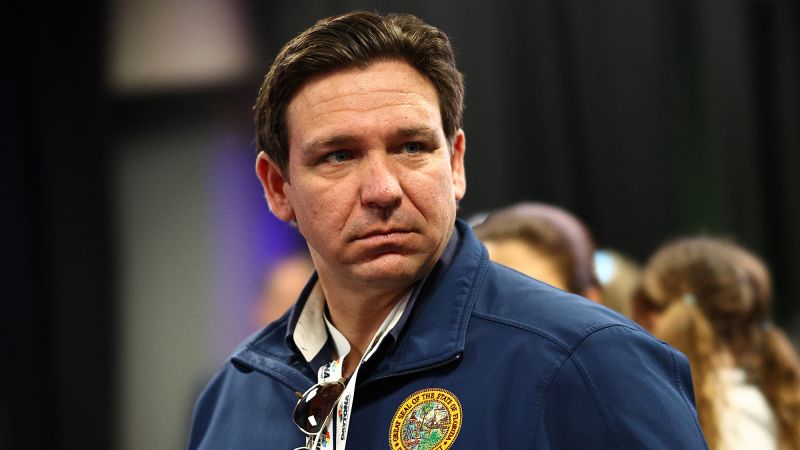Florida Governor Ron DeSantis has signed a bill into law that prohibits children under the age of 14 from having social media accounts without parental consent. Children aged 14 and 15 are allowed to have accounts with parental consent. Additionally, the legislation places restrictions on pornographic websites by requiring age verification for visitors to these sites. This bill, known as HB 3, will take effect on January 1, 2025. The aim of the legislation is to protect young people from potential harm and regulate their access to online content.
This new law places Florida among several other states that have implemented similar restrictions on young people’s use of social media. States like Arkansas, California, Louisiana, Ohio, and Utah have also passed bills to regulate tech platforms and limit young Americans’ access to online content. However, these laws have faced legal challenges due to concerns about their impact on teens’ First Amendment rights to access information online. For example, Ohio’s law was temporarily blocked by a federal judge over concerns about its breadth and potential infringement on teens’ constitutional rights.
Governor DeSantis vetoed an earlier version of the Florida law, expressing his desire to ensure that parents have enough input and control over their children’s social media use. By requiring parental consent for children under 14 to have social media accounts, the legislation aims to give parents the ability to monitor and guide their children’s online activities. The bill also addresses concerns about minors accessing pornographic websites by enforcing age verification measures, further protecting young people from exposure to harmful content.
The implementation of this new law in Florida signals a growing trend among states to regulate children’s online activities and protect them from potential harm. By restricting young people’s access to social media and adult content, lawmakers aim to safeguard children from the negative effects of excessive screen time and exposure to inappropriate material. While these laws have faced legal challenges in other states, Florida’s legislation represents a proactive effort to address concerns about young people’s online safety and establish guidelines for responsible internet use among minors.
Overall, the passage of this legislation in Florida reflects a broader national conversation about the impact of social media on young people and the need for parental oversight in children’s online activities. By setting age restrictions on social media accounts and requiring parental consent, lawmakers are seeking to empower parents to take an active role in guiding their children’s digital experiences. As similar bills are introduced in states across the country, the debate over how to regulate young people’s online access continues, with a balance between safety and freedom of expression at the center of the conversation.


